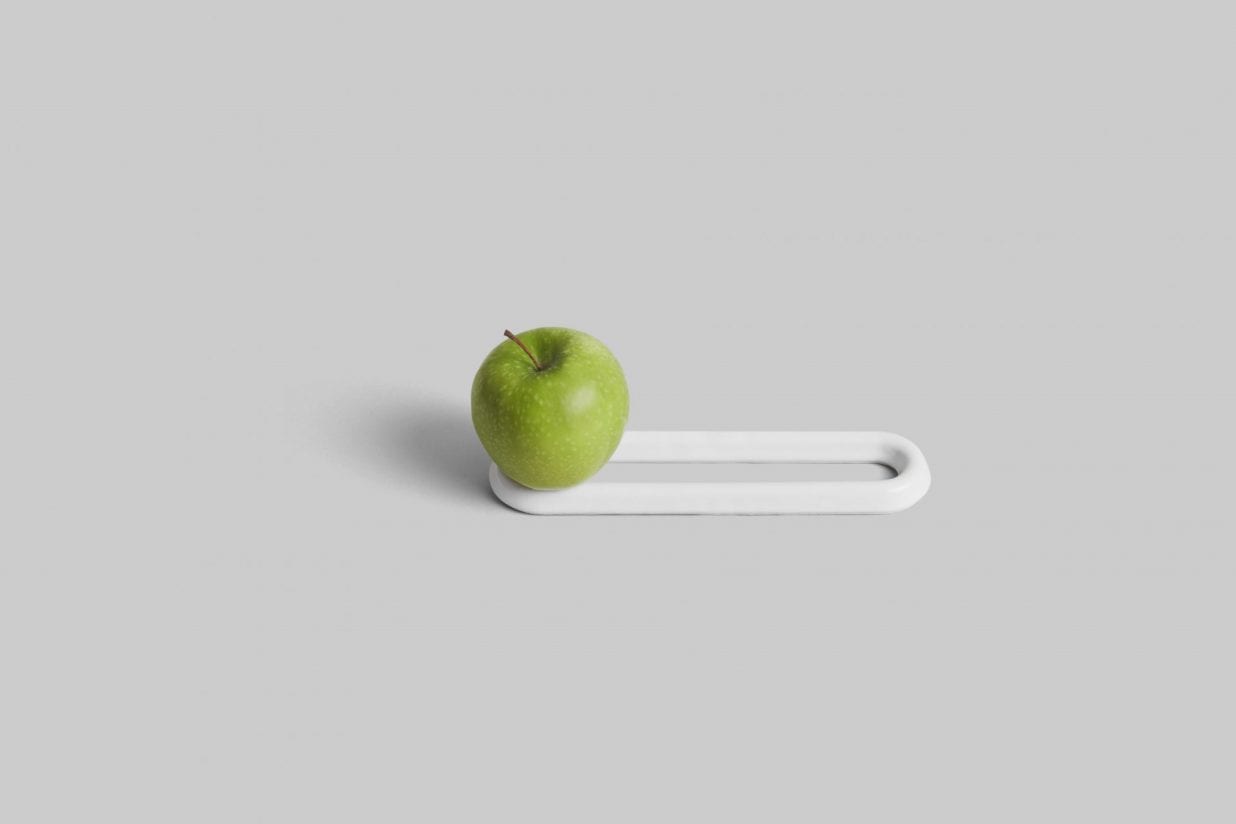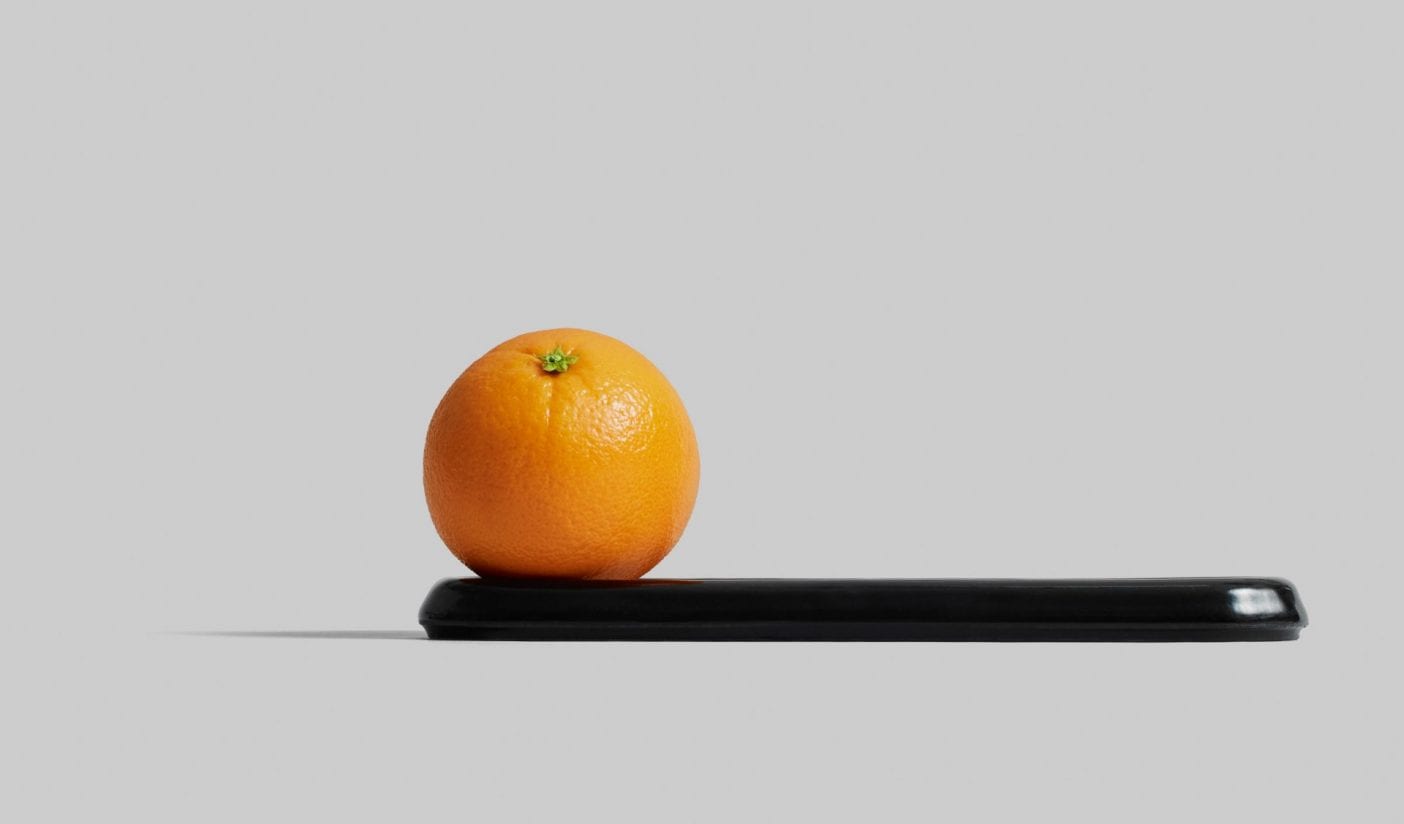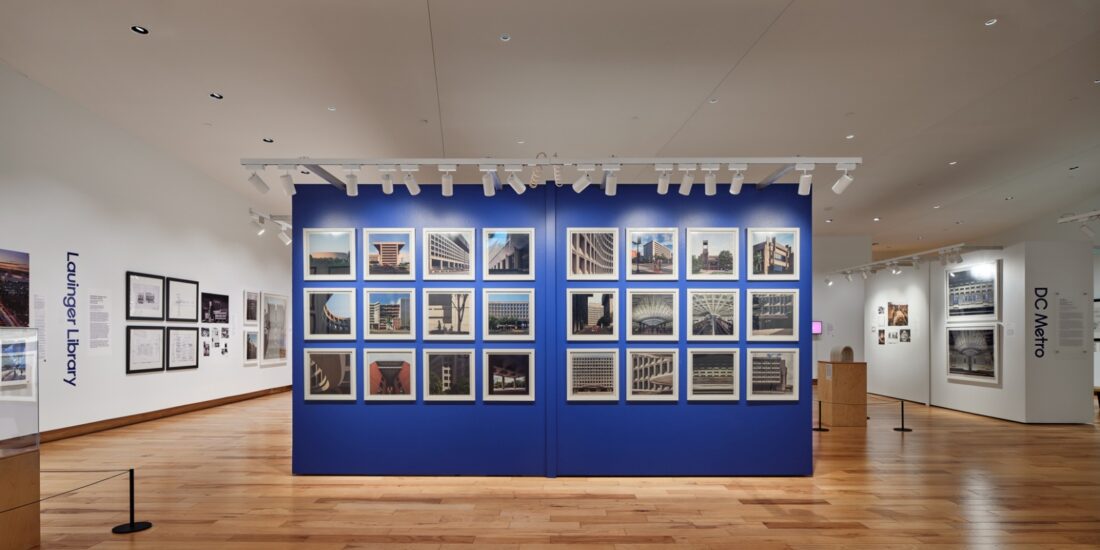The Essentialism of Saif Faisal
A look into the vision of Saif Faisal, a designer whose scale of work ranges from jewellery, industrial design to architecture, and with essentialism as a vital tool in his search for beauty and utility. By Amiya Hisham

 Making-do is not Saif Faisal’s cup of tea. Neither does sheer decoration hold appeal for him. The young designer based in Bengaluru, India strips back all frills when it comes to making useful objects, but not without poetry. Saif finds ‘essentialism’ key in his search for beauty and utility.
Making-do is not Saif Faisal’s cup of tea. Neither does sheer decoration hold appeal for him. The young designer based in Bengaluru, India strips back all frills when it comes to making useful objects, but not without poetry. Saif finds ‘essentialism’ key in his search for beauty and utility.
 Saif completed his bachelors’ degree in architecture from R.V. School of Architecture in 2011. At the same time, he was an active participant in Formula SAE-Racing with the Mechanical engineering students at the college, where he acquired new experience in design, manufacturing, and technical know-how. This arena which celebrates design for maximum performance reinforced his appreciation for the essentialist approach. Later he took to woodworking while cultivating his interests in anthropology, sociology, and philosophy among other things.
Saif completed his bachelors’ degree in architecture from R.V. School of Architecture in 2011. At the same time, he was an active participant in Formula SAE-Racing with the Mechanical engineering students at the college, where he acquired new experience in design, manufacturing, and technical know-how. This arena which celebrates design for maximum performance reinforced his appreciation for the essentialist approach. Later he took to woodworking while cultivating his interests in anthropology, sociology, and philosophy among other things.
At his practice Saif Faisal Design Workshop (SFDW), the design is guided by strong content and underlined by essentialist principles. One cannot help notice enthusiastic material exploration which engages local craft traditions as well as elevates mundane industrial building material.

 In addition to several recognitions by international awards such as A’ Design Award, German Design Award, and Design Intelligence Award, Saif Faisal has been nominated and awarded multiple times by Lexus Design Award India, Trends Excellence, EDIDA India, and India Design ID.
In addition to several recognitions by international awards such as A’ Design Award, German Design Award, and Design Intelligence Award, Saif Faisal has been nominated and awarded multiple times by Lexus Design Award India, Trends Excellence, EDIDA India, and India Design ID.
SCALE spoke to Saif about his work and vision thus far.
SCALE: Tell us a bit about ‘essentialism’ which underlines your work.
Saif: I believe essentialism should be the guiding value for every human endeavor, it brings sensibility and meaning to our actions. We can get rid of all that is frivolous, kitsch, and pastiche. In our Indian context, we can happily do away with the cultural misery of ‘Jugaad’.
 Politics, healthcare, economics, education, everything can be more effective and efficient with the essentialist approach.
Politics, healthcare, economics, education, everything can be more effective and efficient with the essentialist approach.
In the world we live in today with tremendous environmental challenges design has no way else to be sustainable. Essentialism makes design relevant and contextual on ecological, economical, socio-cultural levels. This enhances the longevity of a design hence is truly ‘sustainable’.
SCALE: Your portfolio is prolific and demonstrates a range of scale, from jewellery to industrial design to architecture. What happens from ideation to the finished line of products at the ‘workshop’?
Saif: I have always been inspired by the Polymaths from Ancient Greece and then Persia, Cordoba and other places during the 8th to 13th century, their arts and science were to me very ‘Holistic’ or in our times we can call ‘Essential’.
I quite enjoy working on new and diverse things as this explorative attitude keeps my intuition sharp.
‘Design’ is just a thought perspective, I believe everything we as humans do consciously or subconsciously is design, though it’s a different question as to if it’s good or bad.
In essence, my process is always the same, be it designing a fashion accessory or a Racecar, I rely heavily on intuition and research rather than a particular technique or predetermined process or style. Also, I’m quite particular about the production development and manufacturing with a clear mental map of the project cycle from its inception, use, and after use.
It’s an imperative that everything I do has to be Poetic.
SCALE: How have your personal interests such as sociology, philosophy, and anthropology layered your designs? Are there some memorable design processes you can tell us about?
Saif: Contrary to the popular perception I strongly believe design is more than just a “Problem Solving” effort. We shape design and design shapes us – culturally and socially. Anthropology and sociology are quite inherent to good creative practices, design that is deprived of it is shallow and not much relevant.
One more thing I’ve realized is that one needs to be culturally educated, this may be interpreted as imitating what’s already out there, but it’s more about challenging to bring about Sense and Sensibility to users.
 Another important factor at play is the personal or user’s “taste”, it’s almost a moral and ethical issue for me.
Another important factor at play is the personal or user’s “taste”, it’s almost a moral and ethical issue for me.
Almost every project has that special process, my work with Bidriware has been an adventurous one with lots of discoveries and innovations.
SCALE: You seem to have a trained eye for reinterpreting available industrial materials and parts. Are there some experiences or training that have helped you in this regard?
Saif: That stems from my curiosity from childhood, I have always been making things with what was around me. Later my passion for Racing and work with Formula SAE designing taught me a lot about materials and technologies and performance.
SCALE: What makes a competition brief exciting for you?
Saif: To be honest I have never been good or successful at participating in competitions, and I don’t anymore.
It’s a one-sided thing where you design something with just a brief without any conversations and discussions. It is one-sided.
I’m more productive when I’m collaborative and there is a clear brief and a process evolves with discussions and feedback. Often the final solution is quite away from the initial brief as it can evolve better.

















